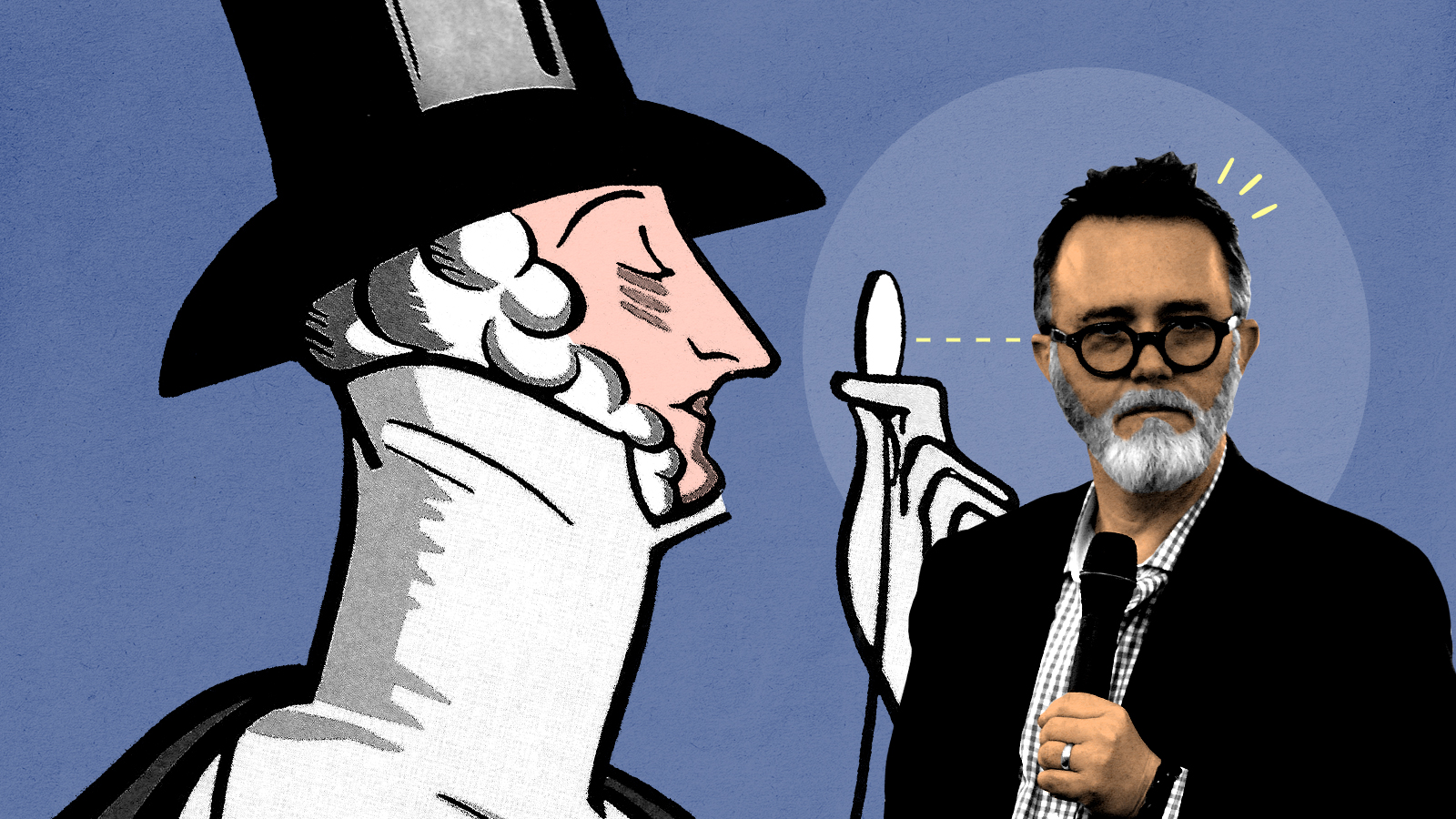The New Yorker hears out a supposedly mortal enemy


A free daily email with the biggest news stories of the day – and the best features from TheWeek.com
You are now subscribed
Your newsletter sign-up was successful
Readers of The New Yorker will find an informed and fair-minded profile of social conservative author Rod Dreher on the magazine's website today. And that's a very good thing.
The piece provides a valuable glimpse of how the world looks from Dreher's distinctive point of view. Dreher thinks he's living at a time of moral and spiritual collapse for the Christian West — and witnessing the rise of a new form of "soft totalitarianism" in which progressives use a potent mixture of cultural, political, and technological power to drive social conservatives out of public life. The last few months that Dreher spent in Hungary as the guest of an institute with close ties to Viktor Orban's explicitly anti-liberal government have only reinforced this view. (Dreher played an important role in orchestrating Fox News host Tucker Carlson's widely publicized recent visit to the country.)
Of course the progressive left that Dreher views as his mortal enemy sees the world, and Dreher, very differently. They consider him a bigot who wildly overstates the threat of Christian persecution and regularly falls prey to paranoia. As far as they're concerned, Dreher warrants strong rebuke for encouraging authoritarian impulses of his own in order to smite vulnerable groups and subvert democracy at home and abroad.
The Week
Escape your echo chamber. Get the facts behind the news, plus analysis from multiple perspectives.

Sign up for The Week's Free Newsletters
From our morning news briefing to a weekly Good News Newsletter, get the best of The Week delivered directly to your inbox.
From our morning news briefing to a weekly Good News Newsletter, get the best of The Week delivered directly to your inbox.
As a centrist, I look askance at both extremes, considering each to be a threat. In my nightmares, I see Dreher and his opponents goading each other to a political precipice that, under some future set of circumstances, could well plunge the United States into a postmodern form of civic violence that blends elements of the 17th-century English Civil War and the decades-long Troubles in Northern Ireland.
Which of us — right, left, or center — is correct? And are these the only options? Such questions are difficult to ignore while reading and pondering Wallace-Wells' respectful treatment of Dreher's ideas in one of the premier high-circulation outlets of American liberalism — a magazine that published an even longer and equally respectful profile of Dreher just four years ago.
Could it be that liberalism, along with genuine intellectual pluralism, is doing better in America than we typically assume? I'm not sure. But I do know that The New Yorker deserves praise for doing its part to ensure that its readers maintain a genuinely open mind.
A free daily email with the biggest news stories of the day – and the best features from TheWeek.com
Damon Linker is a senior correspondent at TheWeek.com. He is also a former contributing editor at The New Republic and the author of The Theocons and The Religious Test.
